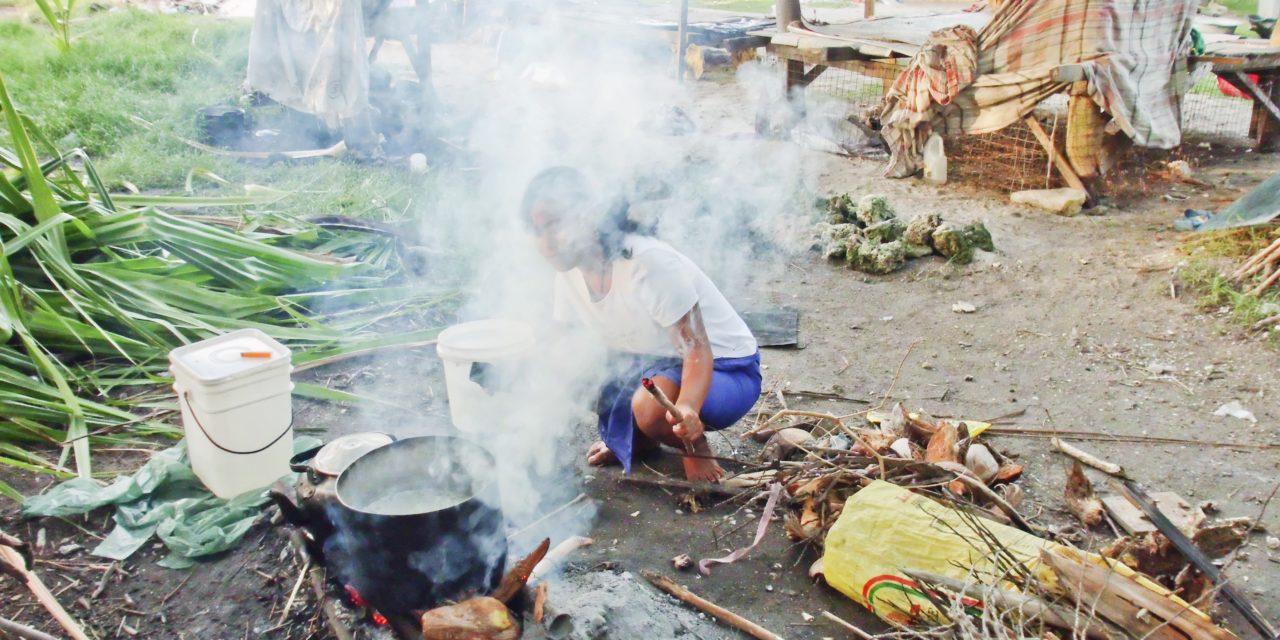Independent and transparent energy regulation plays a critical role in creating an enabling environment for the transition to a greener energy economy, especially in light of the ambitious renewable energy and energy efficiency targets of Pacific Island countries as part of the Paris Agreement process and towards achieving the United Nations Sustainable Development Goal (SDG 7) of ensuring access to affordable, reliable, sustainable and modern energy for all.
This was one of the key messages emerging from the week-long training for Energy Regulators which concluded in Nuku’alofa, Tonga, today.
The training was a collaboration between the Pacific Community (SPC), Tonga Electricity Commission and the Ministry of Meteorology, Energy, Information, Disaster Management, Environment, Climate Change and Communication (MEIDECC) through the NZ-SPC South-South Cooperation for capacity building in the Pacific.
Energy regulators aim to encourage competition, prevent restrictive trade practices, ensure consumer protection, and undertake pricing of public utilities and other price controlled items.
This training provided an opportunity for energy regulators from the Pacific region to share experiences and discuss ways of strengthening the capacity of each other’s institutions to effectively and independently provide an oversight to their respective energy sectors in terms of prices, practices and standards.
“We want to see new technology used, new ideas used and what we want is innovation,” Tonga Electricity Commission Chairman, Rt. Hon. Ramsay Dalgety, said in his opening address at the workshop earlier this week.
“Some countries (regulatory system) are still government owned and others are set up and have regulatory functions but whatever they do, like tariffs and pricing, is subject to cabinet approval. So again, that’s not independent regulation. If a country wants to go down the path of keeping it under political control, that is their right, but the whole idea here is to get each country to have its own system that suits them,” Rt. Hon. Dalgety, said.
The training highlighted the need to review legislation to give energy regulators their independence, the importance of transparency, and coordination of the different government departments that look after pricing and safety.
In some countries, pricing of petroleum is overseen by one agency and safety inspection is carried out by another.
“Energy regulators will have to set a price that would give a level of confidence to investors, service providers and donors to do business in renewable energy and energy efficiency in Pacific Island countries and territories. The regulators would ensure that inefficiencies of the service providers are not passed to consumers and that the infrastructure of the service providers meet certain standards in terms of safety, including resilience to natural disasters,” SPC Deputy Director for Energy, Solomone Fifita stated.
Recent cyclones like Ian in Tonga (2014), Maysek in FSM (2015), Pam in Vanuatu (2015) and Winston in Fiji (2016) significantly damaged energy infrastructure and therefore regulated specifications and standards to climate proof the energy sector of Pacific Island countries are needed.
Furthermore, reported deaths from electrocution and the recent incident at the petroleum storage in Apia, Samoa serve as reminders that safety is non-negotiable in the energy sector.
Capacity building was also highlighted as a critical need for regulators.
“I am happy to see that the purpose of this workshop is to strengthen the capacity of energy regulators in Pacific Island countries and territories to effectively and independently provide an oversight to the regulation of tariffs, as well as regulation of energy services in a transparent and accountable manner. It will certainly help Tonga and other Pacific Island countries in our joint-quest in transitioning to a greener economy,” Tonga’s Chief Executive Officer of the Ministry of Meteorology, Energy, Information, Disaster Management, Environment, Climate Change and Communication (MEIDECC), Paula Pouvalu Ma’u, said.
The training ran simultaneously with the 25th Annual Pacific Power Association’s Conference and Trade Exhibition.
Media contacts:
Solomone Fifita,SPC Deputy Director, Energy, [email protected] or +679 3379 9413
Atishma Lal,SPC Project Information Assistant, [email protected] or+679 337 9402
Baba ‘Amanaki,MEIDECC Communications Officer, [email protected] or +676 99455
Useful link:
25th Annual PPA Conference & 8th Engineers’ Workshop: http://www.ppa.org.fj/25th-annual-ppa-conference-8th-engineers-workshop/
